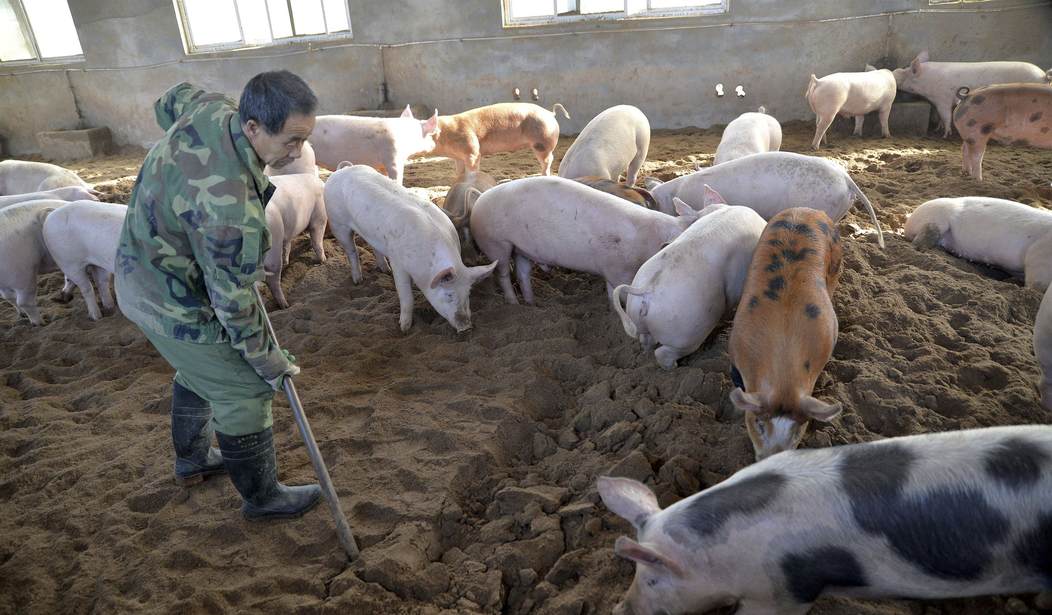The Center for Disease Control on Monday released updated Wuhan coronavirus guidelines for activities involving animals, including fairs, agricultural and 4-H type of events. According to the CDC, Americans need to take precautions with animals to prevent the spread of the coronavirus. Although there's a relatively low chance of passing the virus from animal-to-person there is growing evidence that humans can pass the virus on to animals.
"Some animals have been reported to be infected with SARS-CoV-2 worldwide, including pet cats and dogs in the United States. To date, there have been no reports of horses, cows, pigs, chickens, or ducks testing positive for SARS-COV-2," the CDC stated in their guidelines. "More studies are needed to understand if and how different animals could be affected by COVID-19."
In addition to the typical advice – like practicing social distancing and frequent hand washing and disinfecting – event officials are encouraged to keep species susceptible to the coronavirus at least six feet apart. Susceptible species include cats (both domestic and wild), dogs and small mammals, like mink, ferrets, and rabbits.
Other recommendations include:
- Not allowing animals with suspected coronavirus symptoms into the event. Symptoms include fever, coughing, difficulty breathing or shortness of breath, lethargy, sneezing, runny nose, eye discharge, vomiting and diarrhea.
- Preventing contact between pens of animals from different farms and households. Prevention includes spacing out pens and staggering animals with an empty pen in between.
- Clean cages and pens out between uses, especially between various species.
- If petting zoos are permitted, do not permit domestic or wild cats, dogs and small mammals like mink, ferrets and rabbits, that are prone to catching the Wuhan coronavirus.
- Include hand washing and sanitizing stations near animals and encourage visitors to disinfect before and after entering the area.
- Visitors should be required to wear face masks.
- Do not allow visitors to feed, kiss, snugg, and sit with the animals.
Recommended
Livestock and horse show guidelines include:
- Limiting the number of animals in the ring. This can be accomplished by splitting classes.
- Provide an entry and exit point for coming into and leaving the ring.
- Stagger animal move-in/move-out times to reduce contact between people and animals.
- Do "show-and-go," which include stalling animals at the farm's trailer and leaving immediately after the show has ended.
























Join the conversation as a VIP Member